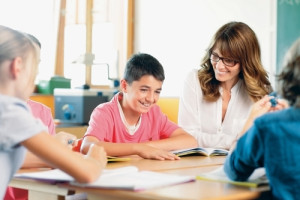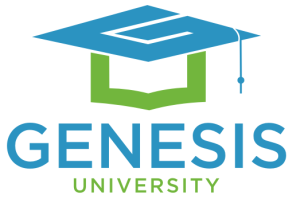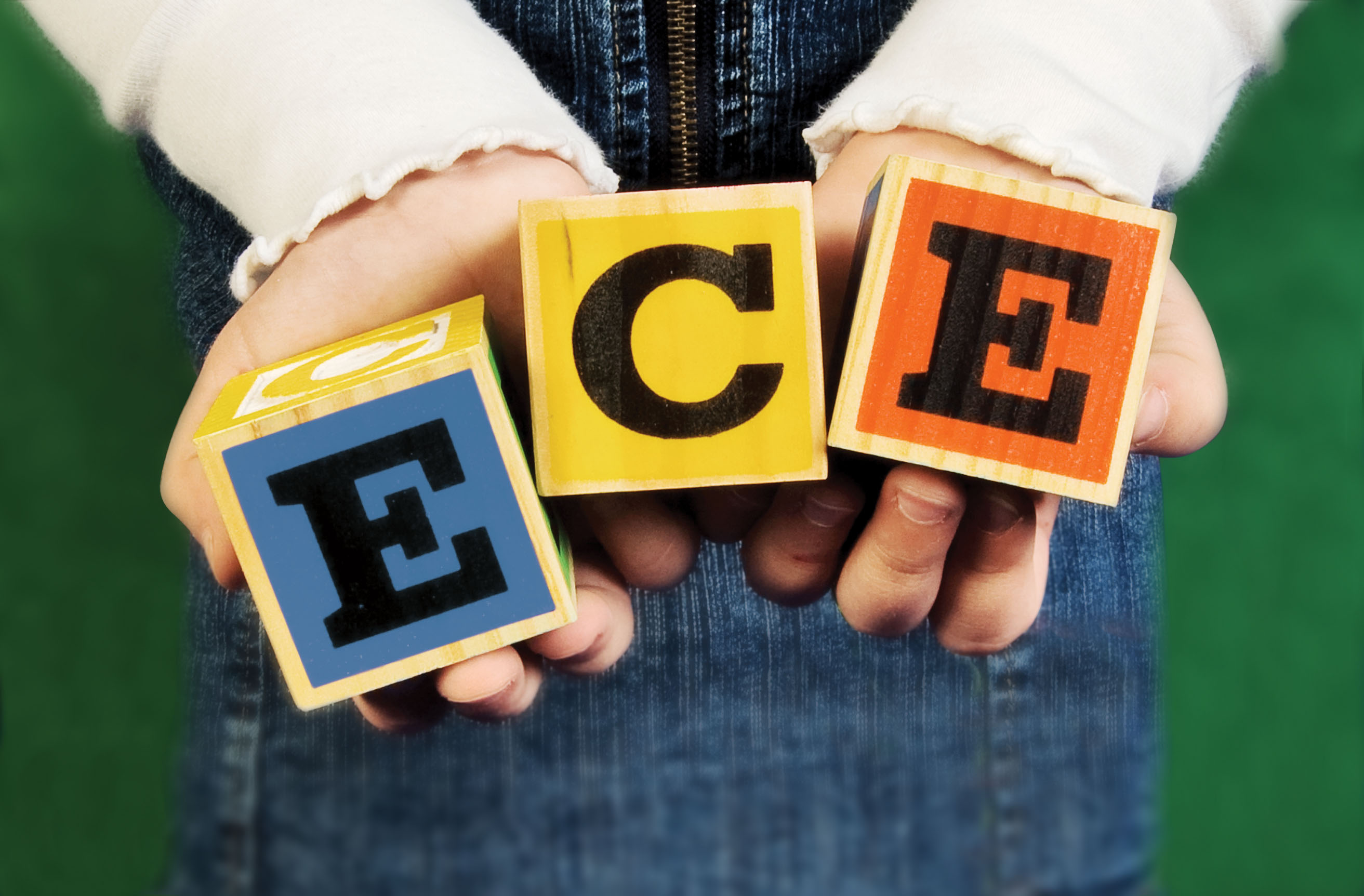
This course prepares the special educator to manage learning environments and student behaviors in the special education classroom as well as the inclusive classroom setting. This includes focusing on the theoretical foundations of classroom management and providing a physical, emotional, and social environment that is safe, supportive, and conducive to learning. This course emphasizes positive behavior interventions and supports, or PBIS, is an umbrella term that refers to a wide array of individual and systemic strategies to teach and strengthen appropriate behavior and to reduce challenging behavior. Abundant research supports the effectiveness of these techniques with all types and ages of students in all types of situations. For the most part, these techniques are relatively easy to use, mesh seamlessly with instruction, can be used with minimal training, and can be expected to produce desirable outcomes when used correctly.
In this course, you will learn about many areas of special education. You will have the opportunity to learn about the purpose of special education. You will also learn how to communicate and collaborate with parents of students with special needs. You will also learn about the various learning disorders that children could have in a classroom. You will learn about the characteristics, prevalence, identification, assessment, and educational approaches to support children with special needs.
This course provides an in-depth understanding of physical, cognitive, social, and emotional development of children, birth through age eight. An exploration of the family and sociocultural influences on development will be explored, as well as methods to observe and evaluate children’s development. Students will learn the range of factors that influence young children’s learning, health, and well-being. Students are encouraged to pursue an 18 hour field experience as they pursue their studies for the course.

